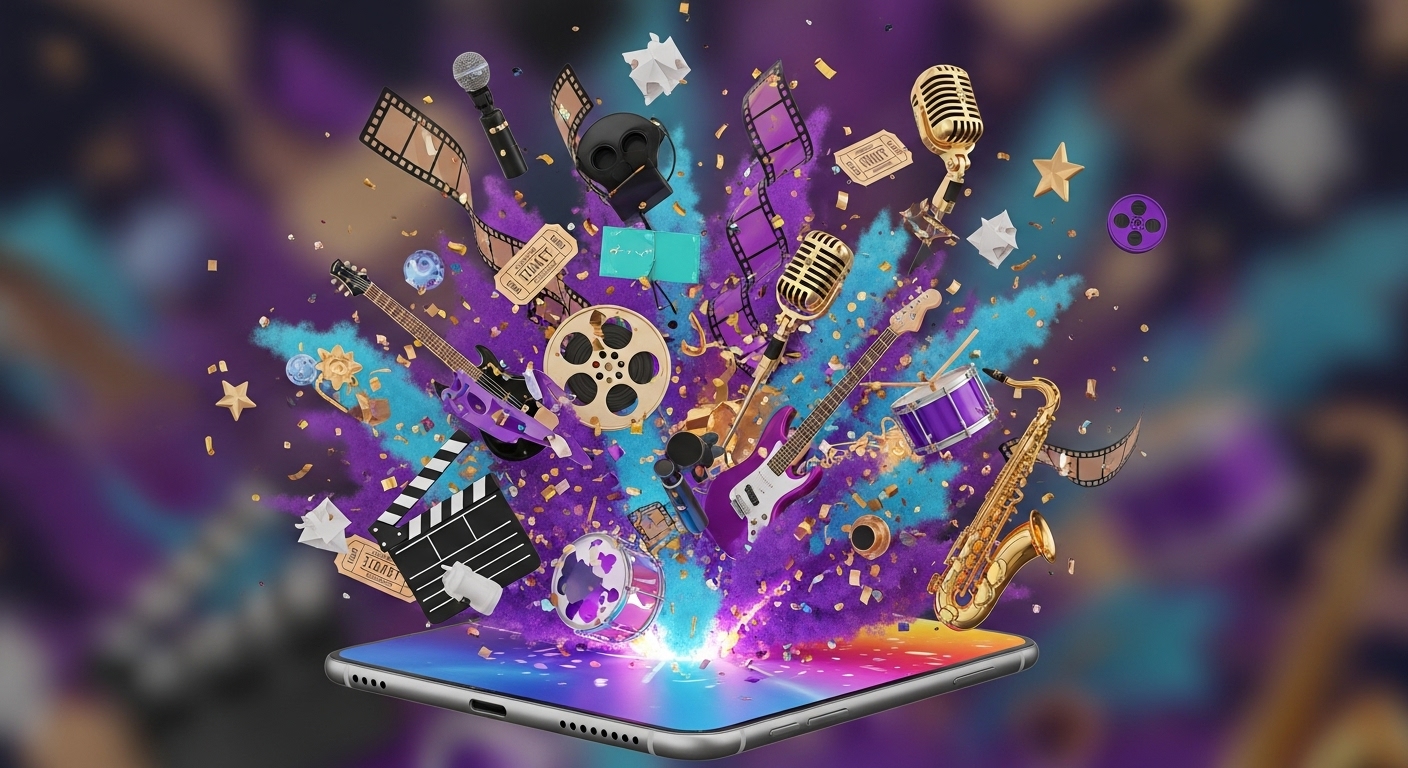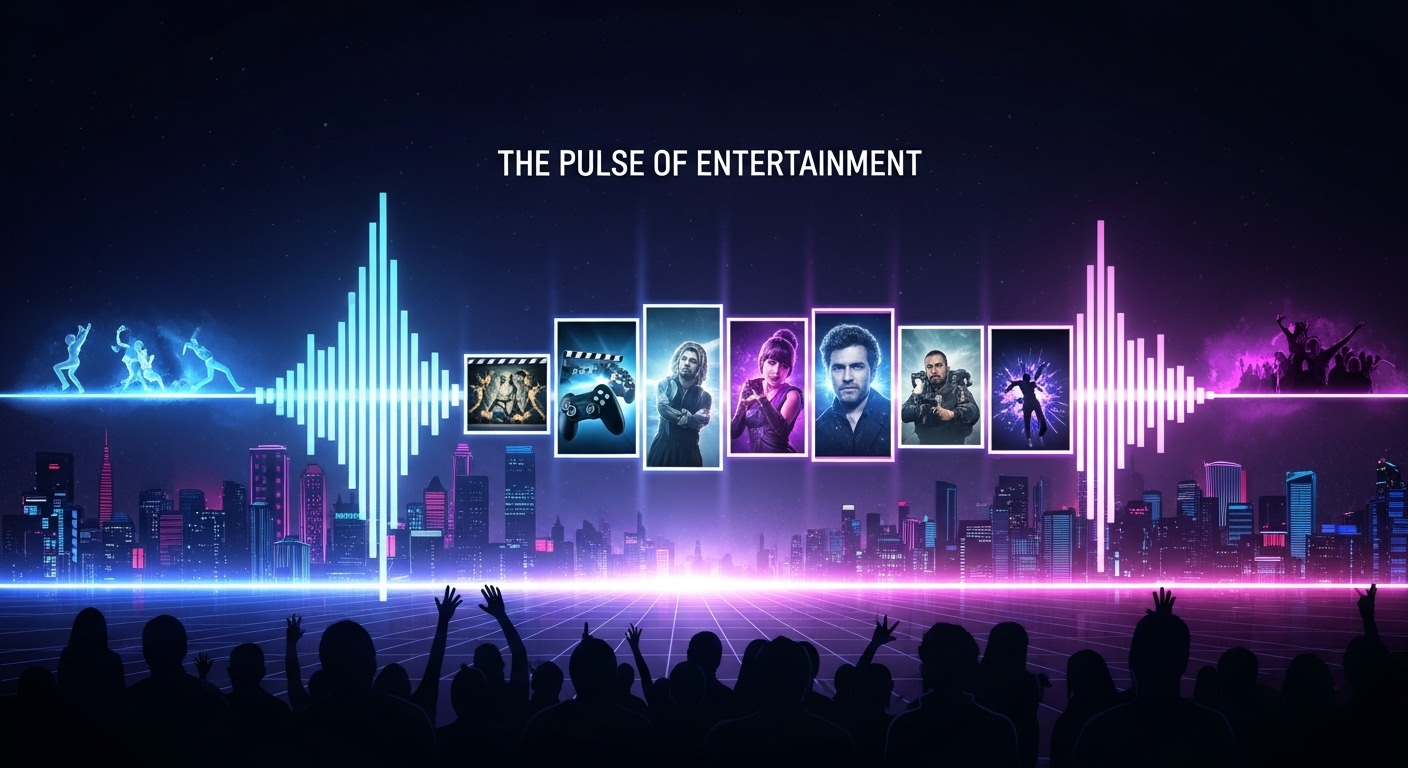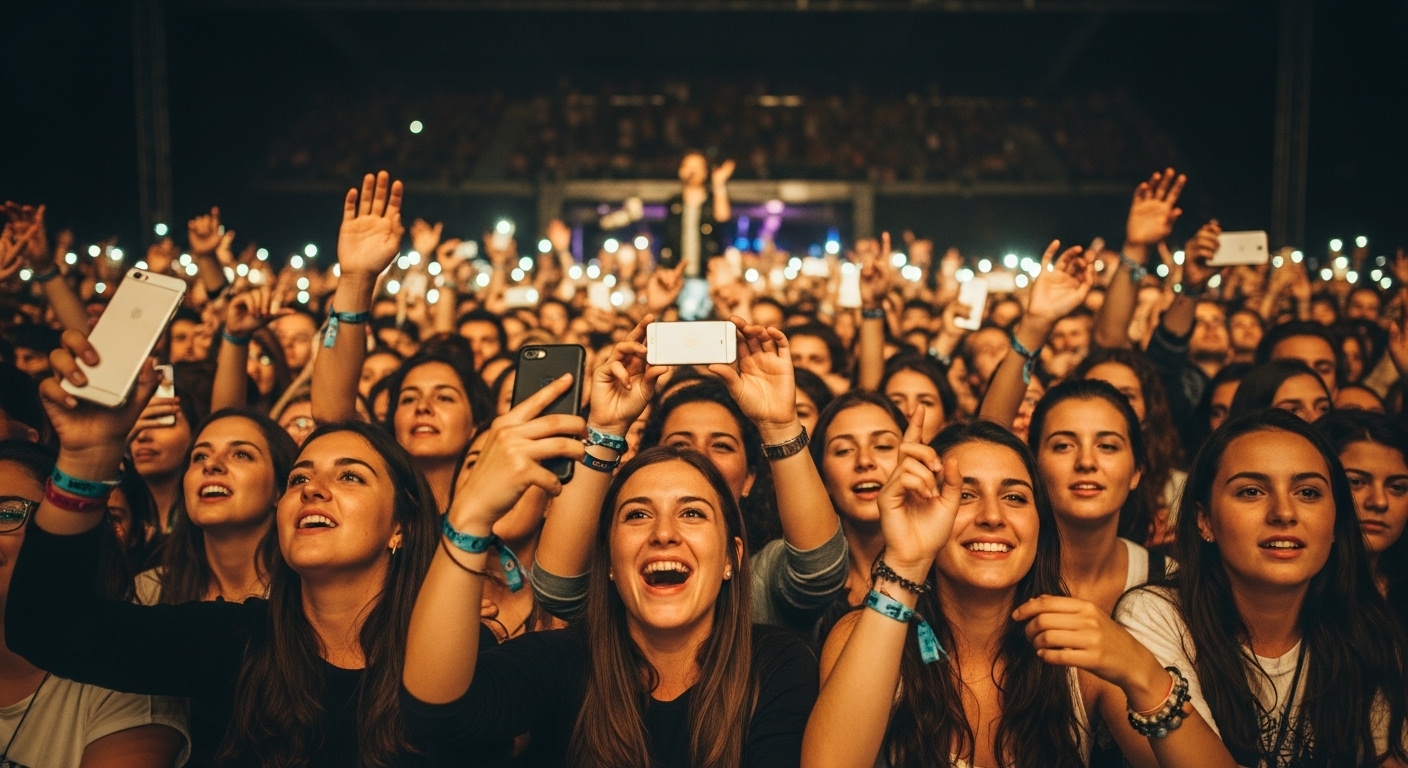Entertainment is one of the most essential aspects of human life. It serves as an escape from daily stress, a source of joy, and a way to connect with others. Over the years, the definition of entertainment has evolved tremendously, reflecting changes in technology, culture, and society. From live performances in ancient theaters to the streaming platforms dominating today’s media landscape, entertainment has always found ways to captivate audiences.
In this blog, we explore the fascinating world of entertainment, examining its history, evolution, and contemporary trends.
The Origins of Entertainment
Entertainment, in its simplest form, has existed since humans first began to socialize. Early entertainment was often tied to rituals and communal gatherings. Storytelling was one of the earliest forms of entertainment, allowing people to share myths, legends, and lessons through oral tradition. These stories not only entertained but also preserved cultural heritage and passed down moral values.
Music and dance also have deep roots in human history. Ancient civilizations such as the Egyptians, Greeks, and Romans used music in religious ceremonies, festivals, and social gatherings. Dance, often performed in ceremonial contexts, served as both a form of expression and entertainment. The human desire to perform and witness performances was evident even thousands of years ago.
Theater: The Birth of Live Drama
Theater has played a monumental role in the evolution of entertainment. Ancient Greek theater, for example, introduced audiences to the concept of drama, tragedy, and comedy. These performances were often held in large amphitheaters and involved elaborate costumes and masks. The themes of Greek plays, focusing on human emotions, morality, and the divine, still influence modern storytelling.
Roman entertainment also contributed significantly, with gladiatorial games and theatrical performances being central to public life. These events were designed to captivate large audiences, demonstrating that even in ancient times, humans craved immersive and thrilling experiences.
Medieval Europe saw a shift in entertainment forms, with traveling performers, minstrels, and puppet shows bringing stories to local communities. The rise of royal courts also led to the patronage of music, dance, and theater, highlighting the link between power and performance.
The Golden Age of Cinema
Cinema, often referred to as the seventh art, revolutionized entertainment in the 20th century. The invention of motion pictures allowed storytelling to transcend live performances and reach global audiences. Early silent films, like those of Charlie Chaplin and Buster Keaton, demonstrated the power of visual storytelling and comedy.
With the advent of sound in films during the late 1920s, the film industry underwent a massive transformation. The “Golden Age of Hollywood” in the 1930s and 1940s brought iconic actors, glamorous sets, and unforgettable stories. Movies became not just a form of entertainment but a cultural phenomenon that shaped fashion, language, and societal norms.
The mid to late 20th century saw the rise of international cinema. Filmmakers from countries like India, Italy, France, and Japan brought diverse storytelling styles to global audiences. Directors such as Akira Kurosawa, Federico Fellini, and Satyajit Ray offered unique perspectives that enriched the global entertainment landscape.
Television: Bringing Entertainment Home
While cinema captivated audiences in theaters, television transformed entertainment by bringing it directly into homes. The 1950s and 1960s marked the golden era of television, with families gathering around their TV sets for news, comedies, and dramas. Shows like “I Love Lucy” and “The Twilight Zone” became cultural touchstones, influencing generations.
Television also democratized entertainment. Unlike cinema, which required travel and expenditure, TV made entertainment accessible to nearly everyone. Game shows, talk shows, and soap operas became integral to daily life, blending amusement with social commentary.
The evolution of cable and satellite TV in the late 20th century expanded entertainment options further. Viewers could now choose from hundreds of channels, catering to niche interests and tastes. This era laid the groundwork for the binge-watching culture that would emerge decades later with streaming services.
Music: The Universal Language
Music has always been a cornerstone of entertainment. Across cultures and eras, music has entertained, inspired, and connected people. The 20th century witnessed the rise of popular music genres like jazz, rock, pop, and hip-hop, each shaping youth culture in unique ways.
Live concerts and festivals became major entertainment events, offering fans unforgettable experiences. The relationship between artists and audiences deepened, as fans no longer merely consumed music but celebrated it collectively. Today, music streaming platforms and virtual concerts continue to redefine how people engage with sound and rhythm.
Music’s influence extends beyond mere entertainment. It can inspire social movements, evoke nostalgia, and even shape fashion and lifestyle. From the Beatles to Beyoncé, iconic musicians have transcended music to become symbols of cultural change.
Gaming: A New Frontier
In recent decades, gaming has emerged as a dominant form of entertainment. Video games have evolved from simple pixelated screens to immersive virtual worlds. Today, gamers can experience complex storylines, lifelike graphics, and interactive gameplay that rivals traditional cinema in depth and engagement.
The rise of eSports has further elevated gaming as a mainstream form of entertainment. Professional gaming tournaments attract millions of viewers worldwide, offering substantial prize money and celebrity status to top players. Streaming platforms like Twitch have created communities where gamers can connect, compete, and entertain simultaneously.
Gaming also demonstrates the intersection of technology and creativity. Developers continuously innovate with virtual reality, augmented reality, and artificial intelligence, making the gaming experience more immersive than ever. This evolution signals that entertainment is no longer passive; it has become an interactive and participatory experience.
Streaming Services and the Age of On-Demand Entertainment
The 21st century brought a paradigm shift in entertainment consumption. Streaming platforms have revolutionized how people access movies, TV shows, music, and live events. Services like Netflix, Spotify, and Amazon Prime Video offer instant access to vast libraries of content, catering to diverse tastes and preferences.
On-demand entertainment has redefined audience expectations. Binge-watching entire series, creating personalized playlists, and discovering niche content have become part of everyday life. The accessibility and convenience of streaming have made entertainment a constant companion, integrated seamlessly into work, travel, and leisure.
The democratization of content creation has also flourished in this era. Independent filmmakers, musicians, and content creators can now reach global audiences without traditional gatekeepers. This shift has diversified entertainment, giving voice to stories and perspectives that were previously underrepresented.
Social Media: Entertainment in the Palm of Your Hand
Social media platforms like YouTube, Instagram, and TikTok have transformed everyday life into a stage for entertainment. Short-form videos, live streams, and viral challenges allow people to create and consume entertainment instantly. Memes, trends, and influencer culture have redefined how society perceives humor, talent, and creativity.
This instant and interactive nature of social media has blurred the line between creators and audiences. Fans no longer passively watch; they participate, share, remix, and comment, shaping the entertainment landscape in real time. Social media also highlights how entertainment is increasingly integrated with lifestyle, identity, and social interaction.
The Role of Celebrities and Pop Culture
Entertainment is often inseparable from celebrity culture. From the stars of classic Hollywood to modern social media influencers, celebrities play a significant role in shaping trends and capturing public attention. Their influence extends beyond entertainment, impacting fashion, beauty, politics, and even social causes.
Pop culture, driven by music, movies, television, and social media, serves as a shared cultural reference. It provides common ground for conversations, humor, and storytelling, reflecting societal values and aspirations. The dynamic interplay between celebrities and audiences has transformed entertainment into a participatory cultural experience.
Emerging Technologies and the Future of Entertainment
The future of entertainment promises to be even more immersive and interactive. Technologies such as virtual reality (VR), augmented reality (AR), artificial intelligence (AI), and holography are reshaping how stories are told and experienced. Imagine attending a live concert from your living room in full 3D, or exploring a movie’s fictional world as if you were inside it.
Artificial intelligence is also influencing content creation. From AI-generated music to virtual actors, technology is augmenting human creativity and expanding the boundaries of entertainment. These innovations suggest a future where entertainment is not only consumed but co-created, tailored to individual preferences and experiences.
Entertainment as a Reflection of Society
Entertainment is more than just amusement; it reflects society itself. Films, TV shows, music, and digital content often explore themes such as love, justice, identity, and power. By examining popular entertainment, we gain insight into cultural values, social norms, and collective aspirations.
Moreover, entertainment can inspire change. Satirical comedy, socially conscious music, and thought-provoking cinema can challenge perceptions, spark debates, and promote empathy. In this way, entertainment serves as both a mirror and a catalyst for society.
Conclusion: The Timeless Appeal of Entertainment
Entertainment is an ever-evolving force that has shaped human culture for centuries. From ancient storytelling and live theater to cinema, television, music, gaming, and digital media, its forms continue to diversify, reflecting technological innovations and societal changes.
The beauty of entertainment lies in its universality. It transcends language, culture, and geography, offering a shared space for joy, creativity, and connection. As technology continues to advance, the boundaries of entertainment will expand, offering immersive, interactive, and personalized experiences like never before.
In a world filled with challenges and responsibilities, entertainment remains a constant source of delight and inspiration. It reminds us to laugh, dream, and connect—a timeless testament to humanity’s enduring need for stories, performance, and shared experience.



